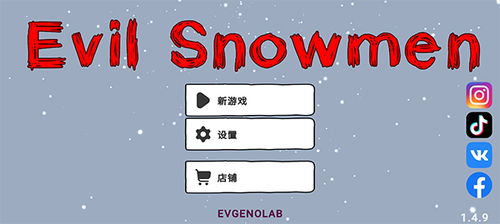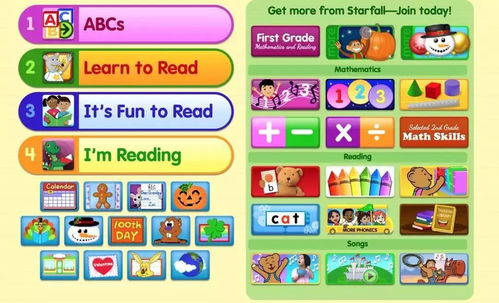
Game titles are more than just labels; they are the first impression that players get of a game. A catchy, meaningful, and memorable game name can significantly influence a player's decision to try out a new game. In this article, we will explore the art of creating English game names that resonate with players and stand out in the competitive gaming market.

The game name is the cornerstone of a game's branding. It is what players see first on a shelf, in an online store, or in a search result. A well-chosen name can evoke emotions, set the tone for the game, and create a lasting impression. Here are some key reasons why a game name is crucial:
Brand Recognition: A unique name helps players remember the game and its brand.
Marketing Tool: A compelling name can be used in various marketing materials, from trailers to social media posts.
Player Appeal: A name that resonates with the target audience can attract more players.

Creating a great game name involves considering several elements to ensure it is effective and appealing. Here are some key factors to keep in mind:
Relevance: The name should be relevant to the game's genre, theme, or story.
Memorability: A name should be easy to remember and pronounce.
Uniqueness: The name should stand out from other games in the market.
Meaning: A name can carry a deeper meaning or symbolism that adds to the game's lore.

Here are some examples of creative English game names that have been successful in the gaming industry:
The Witcher 3: Wild Hunt - This name combines the game's fantasy setting with its main character, Geralt of Rivia.
Assassin's Creed - The name suggests a stealth-based game with a historical setting.
Red Dead Redemption 2 - The name hints at the game's Wild West theme and its focus on redemption.
God of War - This name is straightforward, yet it captures the epic nature of the game.

Creating your own game name can be a fun and rewarding process. Here are some steps to help you come up with a great name:
Brainstorm: Write down keywords related to your game's theme, genre, and setting.
Combine Words: Mix and match words to create new combinations.
Use Tools: Utilize online name generators or thesauruses to find unique words.
Test the Name: Read the name aloud and see if it flows well and has a good ring to it.
Check Availability: Make sure the name is not already in use and is available for registration.

A well-crafted game name can make a significant difference in the success of a game. By following the guidelines and examples provided in this article, you can create an English game name that is both memorable and appealing to your target audience. Remember, the name is the first step in building a strong brand for your game.

game naming, creative game names, English game names, game branding, naming conventions, game development